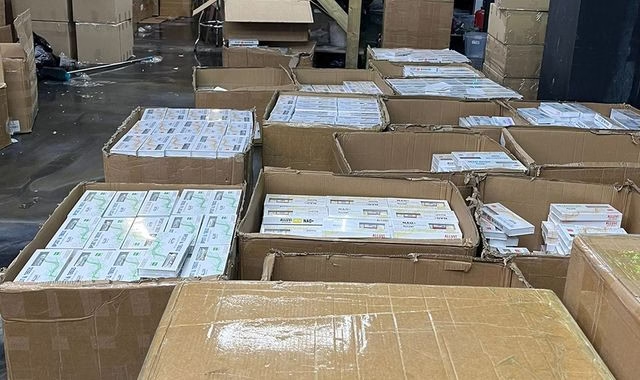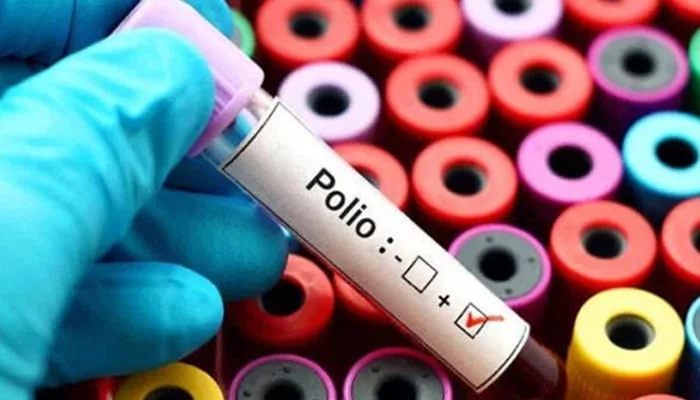Britain’s Medicines and Healthcare products Regulatory Agency (MHRA) has announced the world’s largest seizure of unlicensed weight-loss medicines, dismantling a factory in central England that was producing counterfeit jabs falsely labeled as containing ingredients from Eli Lilly’s Mounjaro.
The MHRA said it confiscated 2,000 injection pens labeled as containing tirzepatide — the active ingredient in Mounjaro and Zepbound — along with retatrutide, an experimental obesity drug still in clinical trials. Authorities also found tens of thousands of empty injection pens and raw chemicals at the site.
Eli Lilly praised the operation, calling it “a direct strike against the criminal elements that are risking people’s lives.” The company warned that counterfeit or black-market medicines are extremely dangerous, as buyers “have no way of knowing what they actually contain.”
The MHRA confirmed that this was the first illicit weight-loss drug factory discovered in the UK. Health Minister Wes Streeting hailed the seizure as “a victory in the fight against shameless criminals who are putting lives at risk by peddling dangerous and illegal weight-loss jabs to make a quick buck.”
“These unregulated products, made with no regard for safety or quality, posed a major risk to unwitting customers,” Streeting added.
Both tirzepatide and retatrutide work by mimicking hormones that suppress appetite and regulate blood sugar, offering medical benefits when prescribed and monitored properly.
Under the National Health Service (NHS), weight-loss medications are only available to patients meeting strict health criteria. However, private purchases can cost hundreds of pounds per month, fueling a surge in demand for cheaper, illegal alternatives.
In the United States, a similar trend has emerged, with some individuals buying raw ingredients online to self-manufacture GLP-1-based injections like semaglutide — the drug in Ozempic and Wegovy — due to high retail prices and limited supply.
Health authorities have warned that such DIY formulations pose serious risks, including contamination, incorrect dosing, and lack of medical oversight, underscoring the global dangers of the unregulated weight-loss drug market.



